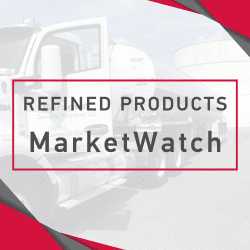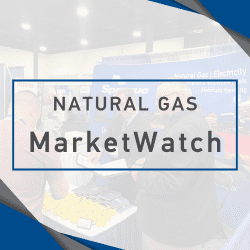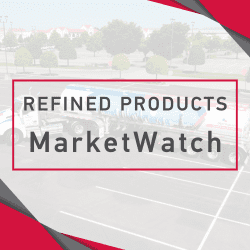PORTLAND, ME – October 20, 2020 – Biofine Developments Northeast Inc. (Biofine) and Sprague Resources LP (Sprague) (NYSE: SRLP) are pleased to announce a transaction focused on bringing the next generation of advanced biofuel, ethyl levulinate (EL), to the market. Biofine and Sprague have signed a purchase agreement for the production and marketing of EL, a product poised to revolutionize the heating oil market by transforming waste material into zero emission heating fuel.
The production of energy from waste materials has been a key objective for Biofine President and CEO Dr. Stephen Fitzpatrick for more than 20 years.
“After extensive research and testing, and a successful completion of a large-scale field test, we are excited move on to the commercialization of EL,” said Fitzpatrick.
Biofine was awarded grant funding to commercialize the EL production process through the Maine Technology Institute’s Emerging Technology Challenge for Maine’s Forest Resource in 2019. Biofine, under the direction of Fitzpatrick and Chief Development Officer Mike Cassata, has assembled a team, including The University of Maine-Forest Bioproducts Research Institute (UMaine-FBRI) that has worked with Biofine to validate and demonstrate the technology at pilot scale and Treadwell Franklin Infrastructure Capital (TFIC), as development agent, to advance multiple biorefinery projects producing EL and co-products on an industrial scale utilizing Maine derived forest residues.
The Biofine technology enables the production of high value renewable biofuels from cellulosic residues, including non-food feedstock such as wood, agricultural residues and municipal waste fiber.
Biofine is the exclusive licensee of the proprietary intellectual property and numerous significant patents at the core of the EL production process. EL’s beneficial technical qualities, including its clean-burning and cold temperature handling properties, have led The National Oilheat Research Alliance (NORA), National Energy and Fuels Institute (NEFI) and other trade associations to significantly support and embrace EL as an advanced biofuel.
Under the terms of the agreement, Sprague will facilitate the commercialization of EL through its commitment to purchase and market a significant portion of the fuel produced from Biofine’s first production facility.
“We’re honored and pleased to be able to work with Sprague on this exciting undertaking, and feel our collaboration will prove to be a successful and important threshold event for the liquid fuels industry,” said Fitzpatrick. “Biofine believes strongly in the merits of our products, and we’re happy to work with an organization like Sprague, with a long history of promoting renewable liquid fuels throughout the Northeast.”
“In our 150th year of business, this is another great example of our continued commitment to energy innovation,” said David Glendon, president and CEO of Sprague. “As customers increasingly seek to use more renewable liquid fuels, we are excited to expand our portfolio of offerings using our existing infrastructure.”
About Biofine. Biofine is focused on establishing a biorefining industry in Maine in order to leverage its ongoing collaborative R&D work at the University of Maine and the State of Maine’s unique combination of industrial infrastructure and abundant wood-based biomass resources. Biofine is a wholly privately owned corporation, based in Maine.
About Sprague. Sprague Resources LP is engaged in the purchase, storage, distribution and sale of refined petroleum products and natural gas. Sprague also provides storage and handling services for a broad range of materials, including wind energy components. An early adopter, Sprague became the first petroleum company in the nation to earn the status of Biodiesel Board Certified BQ-9000 Marketer in 2006. Recognized for its efforts to support innovation in energy, Sprague received the international Sustainability Impact Award in 2020 for their first-in-the-nation thin film solar panels on a liquid fuel tank in South Portland, Maine. Learn more about Sprague: https://www.spragueenergy.com
Please contact Mike Cassata with questions or for high resolution photos: 617-620-8664, mcassata@biofinetechnology.com


Photos
(Top left) Wood residue is an example of waste used to make the next generation of advanced biofuel, ethyl levulinate (EL). Other examples of include waste paper or cardboard, municipal solid waste, food waste.
(Top right) The Biofine technology was developed by Dr. Stephen W. Fitzpatrick and is now ready for commercial development. The pilot plant is owned and operated by the UMaine – FBRI (photo credit – UMaine-FBRI)
(Bottom) Combustion testing EL fuel (photo credit – NORA) – The first market application for EL is as a zero emission heating fuel. Future opportunities may include zero emission energy options for transportation, marine and jet fuels.









